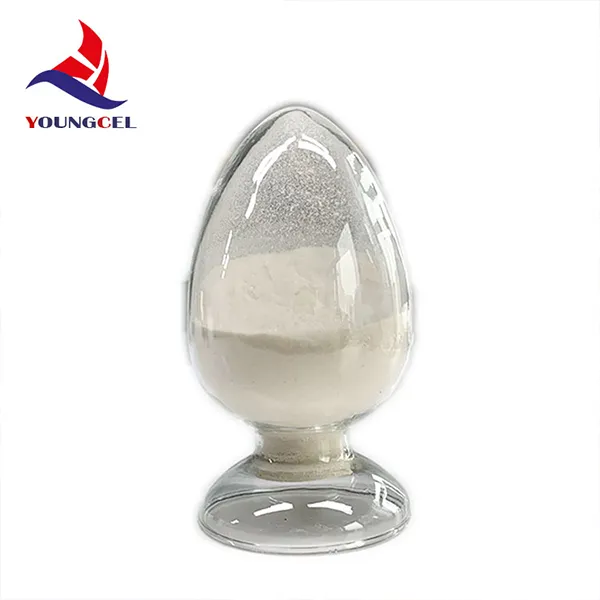The Importance of Construction Adhesives in Modern Building Projects
In the realm of construction, the importance of adhesives has grown significantly over the years. Amongst the variety of adhesives available, construction adhesives stand out for their versatility and robustness. Used predominantly in building projects, these adhesives play a crucial role in ensuring structural integrity, enhancing durability, and providing aesthetic appeal.
What Are Construction Adhesives?
Construction adhesives are specially formulated bonding agents designed to adhere to a variety of materials, including wood, concrete, metal, plastic, and masonry. They come in different forms, including liquid, foam, and tape, and serve various functions, from sealing and insulating to providing structural support. Unlike traditional methods such as nails or screws, construction adhesives can distribute stress across surfaces, making them particularly effective in situations where traditional fasteners might fail.
Types of Construction Adhesives
There are several types of construction adhesives, each tailored for specific applications
1. Polyurethane Adhesives Known for their exceptional bonding strength and flexibility, polyurethane adhesives can withstand extreme temperatures and humidity changes. They are ideal for outdoor applications and are commonly used in roofing and siding installations.
2. Acrylic Adhesives These adhesives offer quick curing times and excellent adhesion to a variety of substrates. They are particularly useful for interior applications, such as installing drywall and molding.
3. Silicone Adhesives Famous for their water resistance and flexibility, silicone adhesives are perfect for applications that require a weather-tight seal, such as windows and doors. They remain pliable over time, accommodating movement in structures.
4. Epoxy Adhesives These two-component adhesives are known for their superior strength and chemical resistance. They are used in scenarios requiring heavy-duty bonding, such as repairing concrete or anchoring metal fixtures.
construction adhesive

5. Contact Adhesives Suitable for bonding large surfaces, contact adhesives create a strong bond upon contact. They are ideal for flooring and laminate installations where quick adhesion is crucial.
Advantages of Using Construction Adhesives
The use of construction adhesives presents numerous advantages
- Strength and Durability Construction adhesives create strong bonds that often exceed the strength of mechanical fasteners. This durability is especially vital in high-stress environments where materials are subjected to significant loads.
- Flexibility in Design Adhesives allow architects and builders more freedom in design choices. Curved surfaces and complex geometries can be more efficiently assembled using adhesives than with traditional fastening methods.
- Temperature and Water Resistance Many adhesives are specially formulated to withstand various environmental conditions. This characteristic ensures that structures remain intact and functional, regardless of external elements.
- Reduction of Noise and Vibration The use of construction adhesives can help to minimize noise transmission and vibration. This is particularly beneficial in multi-story buildings or residences located in busy urban areas.
- Time Efficiency Adhesives can often be applied faster than traditional fastening methods, reducing labor costs and project timelines.
Conclusion
As construction technologies evolve, the role of construction adhesives continues to expand. Their ability to bond different materials seamlessly while providing structural integrity makes them indispensable in modern building projects. For anyone involved in construction, whether as a builder, architect, or contractor, understanding the types and applications of construction adhesives is essential. They not only enhance the quality and durability of structures but also pave the way for innovative design possibilities in the construction industry. Embracing these materials can lead to safer, more efficient, and aesthetically pleasing results in every building endeavor.
-
The Application and Significance of Construction RdpNewsMay.19,2025
-
Industrial Grade HpmcNewsMay.19,2025
-
Building Coating Adhesive Building Coating Adhesive HpmcNewsMay.19,2025
-
Application Of Hpmc For Detergent For Detergent In DetergentsNewsMay.19,2025
-
Application Of Hpmc Cellulose In Cement-Based MaterialsNewsMay.19,2025
-
Application Of High Quality Hpmc For Construction In The Field Of ConstructionNewsMay.19,2025




